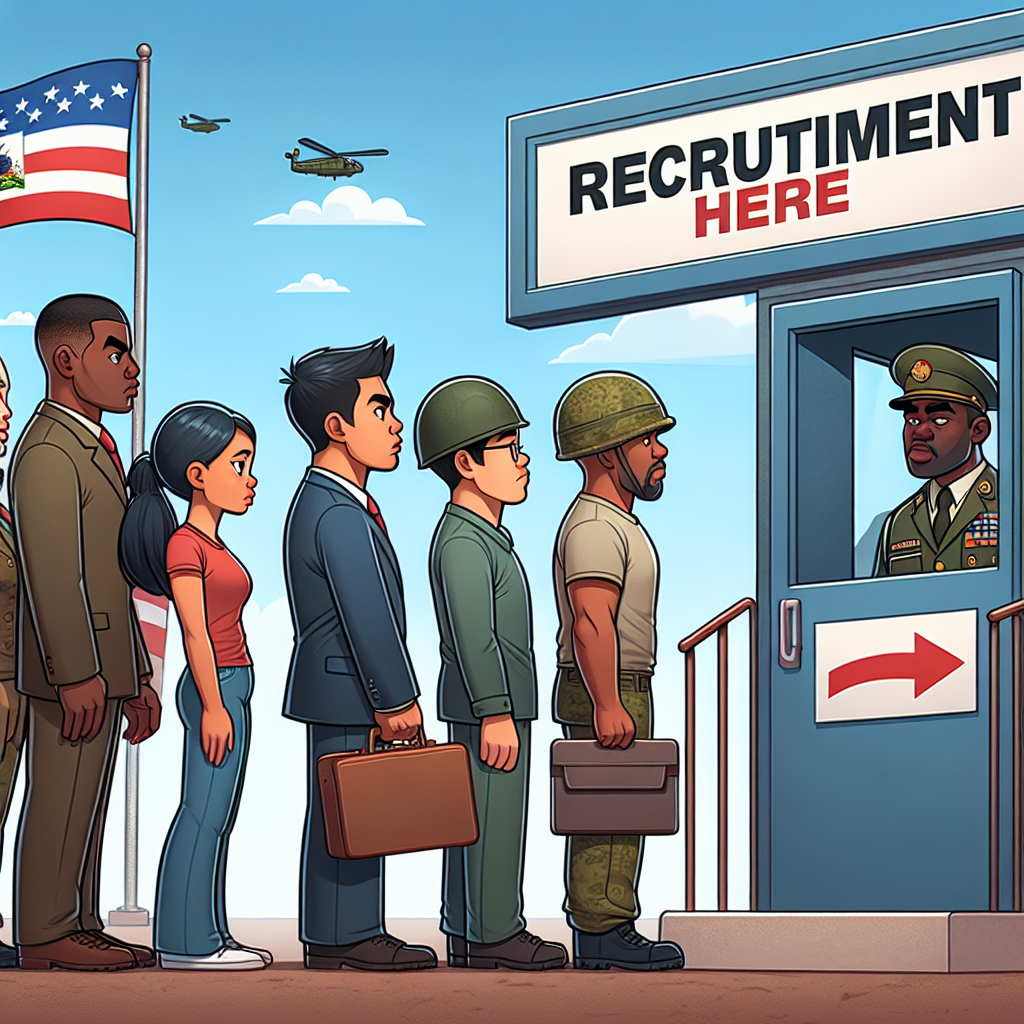The number of children recruited by armed groups in Haiti surged by 70% between mid-2023 and 2024, highlighting an alarming protection crisis, according to new estimates from UNICEF. The spike marks a significant escalation in violence and exploitation in the nation, where children now account for up to half of all members in some armed groups.
“Children in Haiti are caught in a harrowing cycle of violence, coerced into the very groups responsible for their suffering,” said Catherine Russell, UNICEF Executive Director. “This heartbreaking trend demands immediate action to ensure their safety and restore their rights.”
Recruitment is driven by worsening poverty, lack of education, and systemic collapse of infrastructure and social services. Children are often forced to join under threat or to support their families. Separation from caretakers leaves many children vulnerable to exploitation and coercion.
For those who refuse to participate or attempt to leave armed groups, the risks are dire. Children living in areas outside the control of armed groups face suspicion, violence, or death from vigilante movements.
Unprecedented Risks for Haiti’s Children
Port-au-Prince, the capital, remains a hotspot for violence. Of the city’s 1.2 million children, hundreds of thousands are exposed to armed violence daily. Around 365,000 displaced children live in dire conditions within the city, vulnerable to recruitment, physical violence, and sexual exploitation.
Reports indicate that sexual violence against children has increased tenfold in the past year. Girls and boys are frequently targeted, leaving devastating psychological and physical scars.
“Chaos and horror have become daily realities for too many children in Haiti,” Russell emphasized.
UNICEF's Response and Advocacy
UNICEF has stepped up efforts to combat this crisis. In 2024, the agency provided over 25,000 people with services addressing sexual and gender-based violence, including case management, psychosocial support, and community sensitization.
Additional efforts include:
Training security forces and civil society groups in child protection measures.
Providing interim care for children associated with armed groups, offering food, psychosocial support, and family tracing services.
Expanding community-based initiatives to prevent recruitment and support children at risk.
UNICEF is also urging all parties in Haiti to:
Ensure children’s safety and protection during security operations, treating them as victims, not perpetrators.
Facilitate the immediate release of children from armed groups and their reintegration into civilian life.
Prioritize children’s rights in all governance and development agendas, ensuring access to education, healthcare, and protection from violence.
The Path Forward
Experts stress that resolving Haiti’s child protection crisis requires a collaborative, multi-sectoral approach. Addressing systemic poverty and rebuilding education and healthcare infrastructure are critical steps to reducing vulnerability to exploitation.
UNICEF has called for increased international support to bolster child protection measures and alleviate the suffering of children caught in Haiti’s violence.
“Children must be at the center of Haiti’s recovery,” Russell said. “Protecting them is not only a moral obligation but essential for the country’s future.”
Additional Information
Current Statistics:
Over 703,000 displaced persons in Haiti, including 365,000 children.
Armed groups now dominate most urban and rural areas, with children making up a significant portion of their members.
Global Response:
UNICEF’s 2024 programs in Haiti are supported by international donors, but funding gaps remain critical.
Advocacy for the rights of children in Haiti continues to be a priority for the UN and other international organizations.
Call to Action:UNICEF is appealing for $210 million to address child protection, healthcare, education, and nutrition needs in Haiti, aiming to build resilience and protect vulnerable populations from further exploitation.











